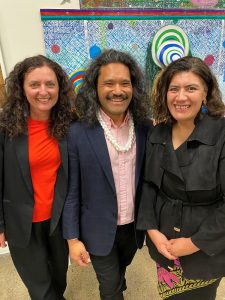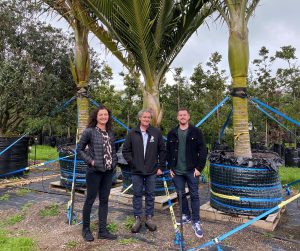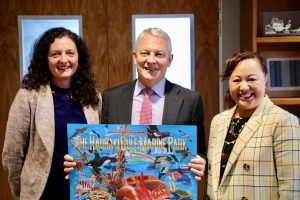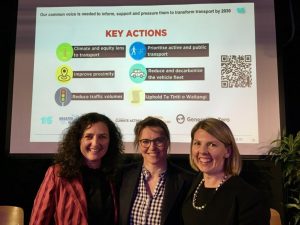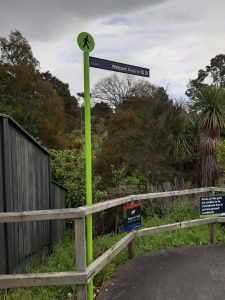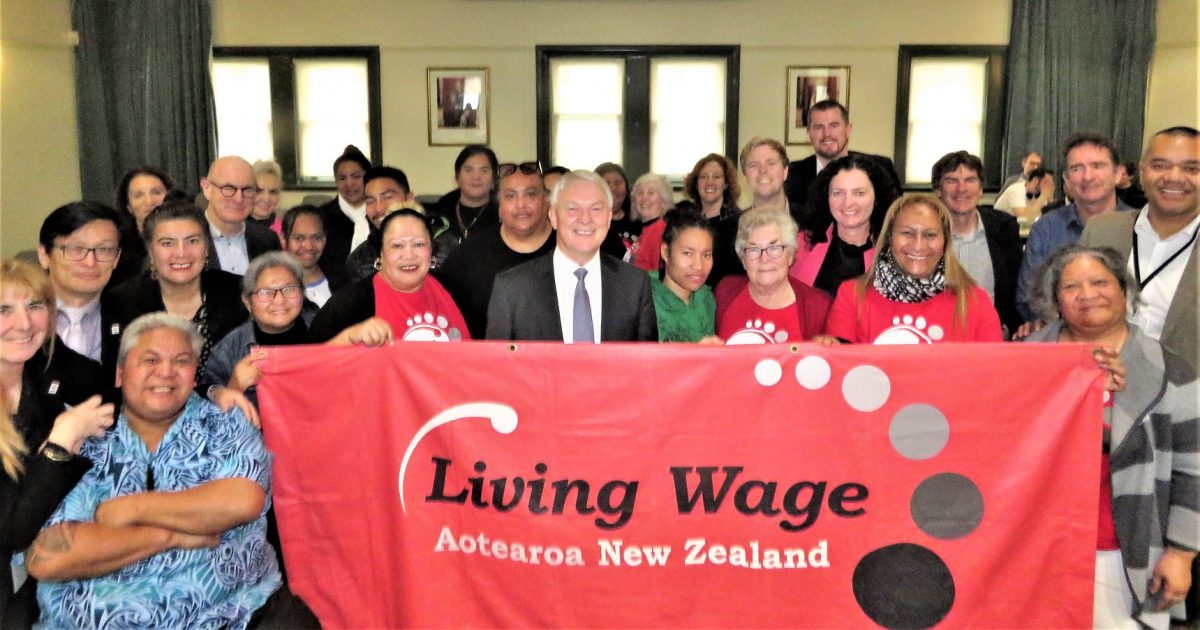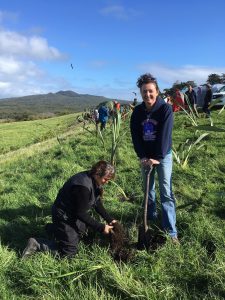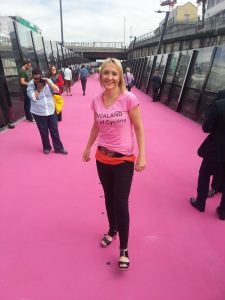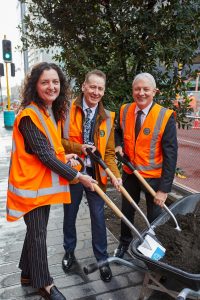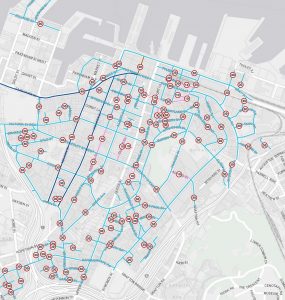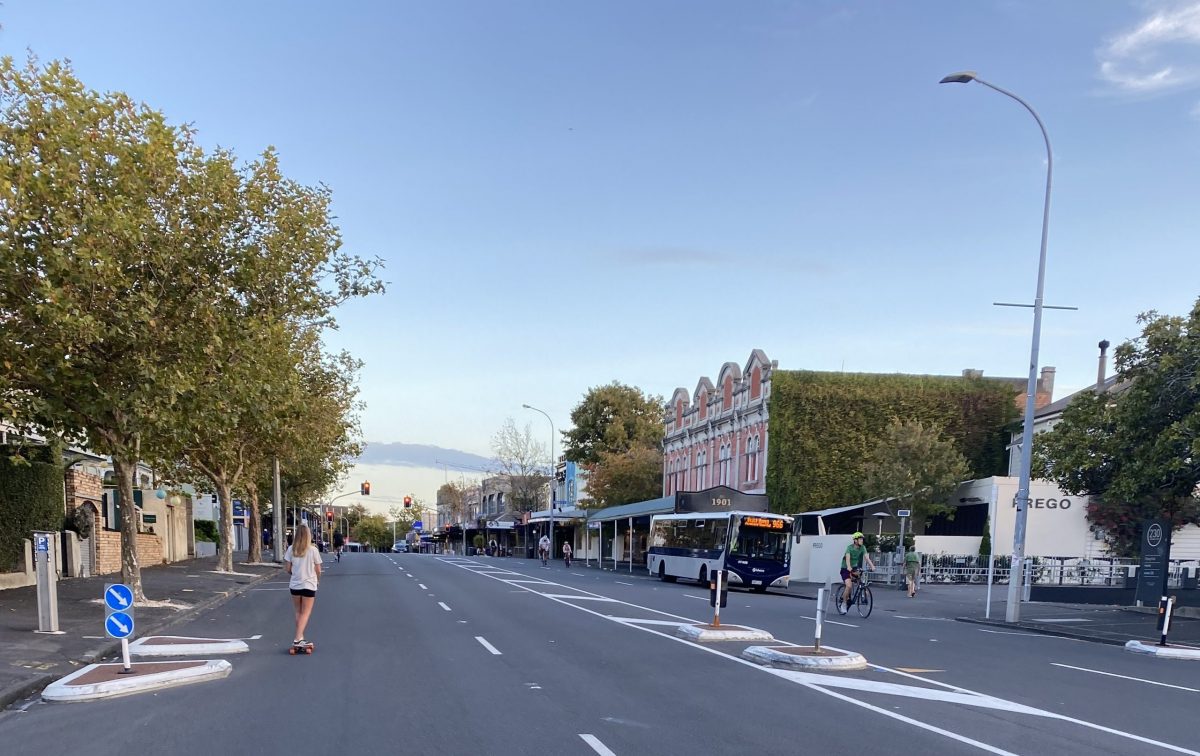This is my Councillor report covering the period from 3 November to 30 November. It has been prepared for the December business meetings of the Aotea Great Barrier, Waiheke and Waitematā Board Local Boards.
The purpose of my report is to detail my main activities and to share information with the local boards in my ward regarding governing body decisions, my attendance at events and meetings, regional consultations, media updates and key issues. This is my final report for 2020. My year in review (Ponsonby News December update).
 Following the Governing body meeting on 26 November Councillors, the Mayor and CEO recorded a message for Chinese New Year
Following the Governing body meeting on 26 November Councillors, the Mayor and CEO recorded a message for Chinese New Year
Positions
- Deputy Chair, Environment and Climate Change Committee
- Co-Chair, Hauraki Gulf Forum
- Member, Auckland City Centre Advisory Board (ACCAB)
- Board Member, LGNZ National Council
- Member, Auckland Domain Committee
- Member, Appointments and Performance Review Committee
- Member, Joint Governance Working Party
- Member, Waste Political Advisory Group
Summary
- Weekly Finance and Performance workshops continued as part of the Long-Term Plan (2021-2031) process.
- Auckland Council has so far made $87 million of savings towards our target of $120million
- Water restrictions were relaxed as of 14 December allowing the use of an outdoor hose provided it is handheld and has a trigger nozzle
Covid-19 Response
- All of New Zealand continues at Alert Level 1
- On Friday 13 November, Aucklanders were asked to avoid the central city area if possible following community case of COVID-19. This was described as a measure of extreme caution and was lifted the following day.
- Subsequently, the government voted to make mask-wearing mandatory on all public transport in Auckland as of Thursday 19 November
Governing Body meetings – Key decisions
The minutes for all meetings are available on the Auckland Council website. The following is intended as a summary only.
On 3 November the Appointments and Performance Committee approved appointments to the Auckland War Memorial Museum and Museum of Transport and Technology and agreed a set of performance objectives for the Chief Executive.
On 5 November the Planning Committee received a presentation on Affordable Housing and Inclusionary zoning and agreed not to make any changes to the Auckland Unitary Plan at this time. We agreed to review or make changes to the notable tree schedules in the Auckland Unitary Plan and the Auckland District Plan (Hauraki Gulf Islands Section) when resources permit. I would like the scheduling to happen so suggested this more positive wording rather than the officer recommendation to “agree that it is not financially viable to review or make changes to the notable tree schedules”. This allows sources of funding to be investigated for example from local boards. The committee also supported council’s ongoing involvement in the Waitematā Harbour Connections Business Case.
On 12 November the Environment and Climate Change Committee unanimously agreed to support standardising the budget for weed management in the road corridor (including berms/grass verges) across Auckland; providing for local decision-making on preferred methodologies; and re-confirmed support for the Weed Management Policy goals to mininimise agri-chemical usage. The Chair Richard Hills and I as Deputy Chair worked on this approach to put forward instead of the officer recommendation to standardise the methodology which would have seen an increase in glysophate use in some local board areas.
The committee also approved Auckland Council’s submission on the Ministry for the Environment’s consultation on hard-to-recycle plastics and single-use items; adopted the scope of the Auckland Water Strategy Forward Work Programme 2020-2021; and agreed the continuation of the Manukau Harbour Forum while supporting building better relationships between council and mana whenua around the Manukau Harbour with a view to working towards co-governance.
On 19 November the Finance and Performance Committee received the Auckland Council group and Auckland Council quarterly performance report for the period ended 30 September 2020 and a monthly update on Emergency Budget savings to date. We approved the Treasury Management Policy and received a presentation on interest rate hedging that has been the subject of inaccurate media reports.
The committee also approved the submission on the Ministry of Business, Innovation and Employment consultation on extending the Government Procurement Rules to government entities in the New Zealand public sector.
On 24 November the CCO Oversight Committee approved the Statement of Intent for Auckland Unlimited 2020-2023. I raised the issue that the SOI doesn’t cover “Destination Management” which is of critical importance to Aotea Great Barrier and Waiheke Islands. CE, Nick Hill agreed to look into it for the next version which is required in 7 months time.
On 26 November the Governing Body agreed to relax water restrictions from 14 December to allow use of an outdoor hose provided it is handheld and has a trigger nozzle.
Governing Body also agreed the scope for a review of the Auckland Council Code of Conduct and delegated authority to Waiheke Local Board to make decisions on and formally adopt the Waiheke Area Plan on the recommendations of the Waiheke Area Plan working party. I was pleased to be able to move this motion.
Other key meetings and events
- On 3 November I met with Planning staff to discuss the Waiheke Area Plan. I also met with the Grey Lynn Business Association and viewed the new plants & pots on the corner of Williamson Ave and Great North Road.
 On 4 November I attended the opening of the PwC Tower on Customs Street – New Zealand’s largest commercial building (photo right with the Mayor and Seumanu Simon Matāfai leader of the Auckland Gospel Choir who performed at the opening)
On 4 November I attended the opening of the PwC Tower on Customs Street – New Zealand’s largest commercial building (photo right with the Mayor and Seumanu Simon Matāfai leader of the Auckland Gospel Choir who performed at the opening)- On 5 November I attended a blessing for the new changing rooms in Grey Lynn Park.
- On 6 November I took part in the LGNZ Metro Sector Event via Zoom
- On 8 November I attended the Italian
 Festival in Parnell and the launch of Brake’s Road Safety Week where Auckland Harbour Bridge was lit up in yellow to mark the occasion (photo right with Hon Julie Anne Genter and Cr Chris Darby).
Festival in Parnell and the launch of Brake’s Road Safety Week where Auckland Harbour Bridge was lit up in yellow to mark the occasion (photo right with Hon Julie Anne Genter and Cr Chris Darby). - On 9 November I took part in a site visit along with members of the Auckland Domain Committee followed by the Committee meeting held at the Wintergarden Café for the first time. In noting the financial update with many projects deferred due to budget constraints we requested staff investigate options to extend pathway connections and safety for walking and cycling in the Domain using interim low cost interventions such as painted pathways on the existing carriageway, consistent with the Master Plan
- On 10 November I travelled to Waiheke for the launch of the electric bus fleet
- On 12 November I attended the Herne Bay Residents Association AGM
- On 15 November I attended the Parnell Festival of Roses.
 On 16 November I spoke at the Karakia whakawātea (dawn blessing) for Westhaven Promenade and Marine Village – a Panuku/Auckland Council project that has been almost 10 years in the making. I also met with Auckland Transport staff and received a briefing on the Unsealed Roads Improvement Programme (with specific reference to Aotea Great Barrier Island and Waiheke) and an update on the Connected Communities Programme
On 16 November I spoke at the Karakia whakawātea (dawn blessing) for Westhaven Promenade and Marine Village – a Panuku/Auckland Council project that has been almost 10 years in the making. I also met with Auckland Transport staff and received a briefing on the Unsealed Roads Improvement Programme (with specific reference to Aotea Great Barrier Island and Waiheke) and an update on the Connected Communities Programme On 17 November I attended the Waitemata Local Board meeting and spoke in support of the Erebus Memorial decision. I was a guest at INEOS Team UK’s reception hosted by British High Commissioner Laura Clarke with Sir Ben Ainslie (photo right with INEOS team UK CEO Grant Simmer and the Mayor)
On 17 November I attended the Waitemata Local Board meeting and spoke in support of the Erebus Memorial decision. I was a guest at INEOS Team UK’s reception hosted by British High Commissioner Laura Clarke with Sir Ben Ainslie (photo right with INEOS team UK CEO Grant Simmer and the Mayor)- On 18 November I attended the launch of Auckland’s Pride Festival 2021 and a reception to celebrate the awards of the Order of the British Empire to Phil Wood and the British Empire Medal to Robin Shackell at the Northern Club.
- On 19 November I attended the Sustainable Business Awards at the invite of the Environmental Services Team. Auckland Council’s Future Fit carbon footprint tool was nominated in the ‘Tech for Good’ and ‘Climate Change Innovator’ categories.
- On 20 November I travelled to Aotea Great Barrier Island to meet with the Local Board; Auckland Transport staff; Destination Aotea staff; and to hold Councillor Clinics (photo above)
 On 21 November I attended the Grey Lynn Park Festival (photo right at the Pest Free Auckland stand with local board member Alex Bonham)
On 21 November I attended the Grey Lynn Park Festival (photo right at the Pest Free Auckland stand with local board member Alex Bonham)- On 23 November I attended the Governing Body / Independent Māori Statutory Board Joint Meeting and met with Waitematā Local Area Manager Trina Thompson; and discussed the Resource Recovery Network with Waste Solutions staff.
- On 24 November I attended the Joint Governance Working Party and attended the Waiheke Local Board meeting via Skype.
- On 26 November I facilitated a session with economist Shamubeel Eaqub on the political and economic outlook and key issues facing Auckland. This was held via Skype and attended by the mayor, several councillors and senior staff.
 On 30 November I co-chaired the Hauraki Gulf Forum workshop and meeting held at Pūkorokoro Shorebird Centre (photo right). The Co-Chair’s report includes the briefing to the incoming government looking at how we wish to partner to restore Tikapa Moana Te Moananui a Toi, the Hauraki Gulf Marine Park.
On 30 November I co-chaired the Hauraki Gulf Forum workshop and meeting held at Pūkorokoro Shorebird Centre (photo right). The Co-Chair’s report includes the briefing to the incoming government looking at how we wish to partner to restore Tikapa Moana Te Moananui a Toi, the Hauraki Gulf Marine Park.






